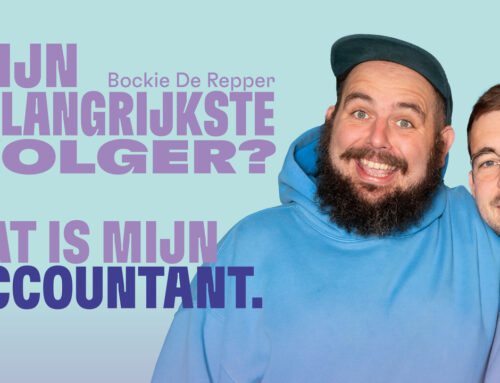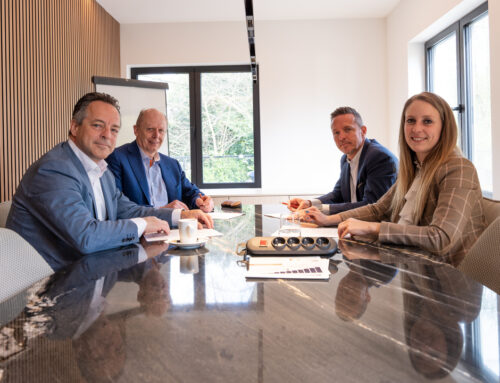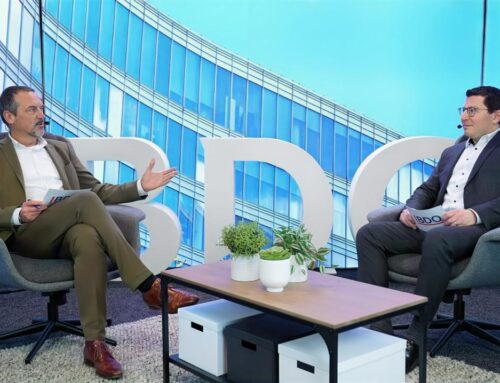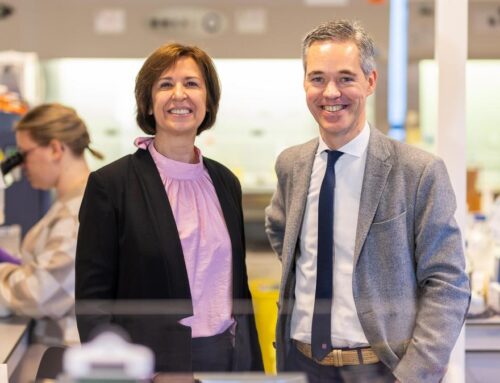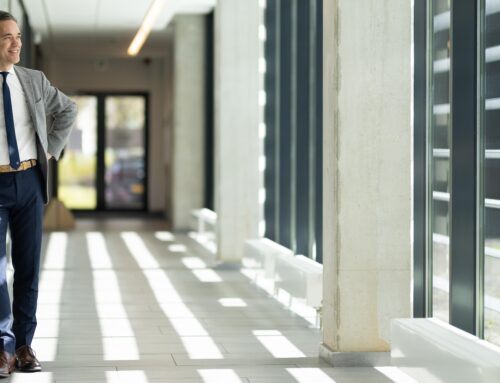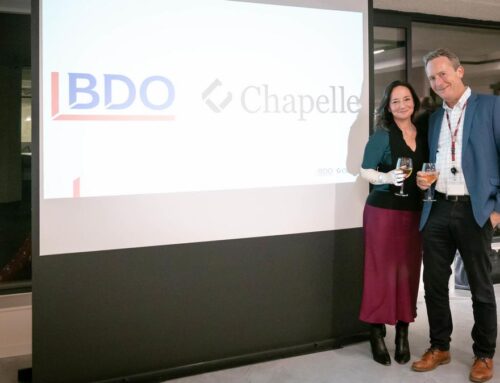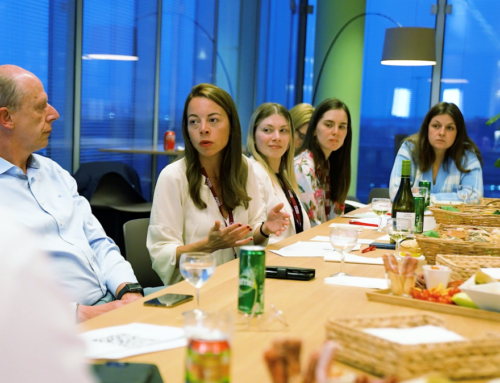Split purchase of real estate
Current situation in the 3 regions
Sam De Neve, Consultant, Sarah van Bree, Junior Manager BDO Tax, Estate Planning
Last year, in Flanders alone, 5,383 deeds were registered in which the usufruct and bare ownership of an item of real estate were purchased simultaneously by several natural persons. This shows that the split purchase is still a popular technique in estate planning. But make sure you are well-informed beforehand. The wrong approach can be very costly.
Despite its popularity, the split purchase has come under fire in recent years. A number of strongly contested and rapidly changing administrative positions have created a great deal of legal uncertainty. We look back at this briefly and then zoom in on the rules that the 3 regions apply in 2021.

What is ‘split purchase’?
With a split purchase, the usufruct and bare ownership of a movable or immovable property are purchased by different parties. The prime example is the purchase of real estate (such as a second home) within the family, where the parents acquire the usufruct and the children the bare ownership.
During their lifetime, the parents, as usufructuaries, hold the right to enjoy the purchased real estate. Thus, they can live in it or enjoy the rent it yields.
Upon the death of the (possibly surviving) parent/usufructuary, the usufruct is extinguished and the children as bare owners automatically acquire full ownership through the legal accretion of the usufruct. In other words, when the surviving parent dies, the children acquire the property in full ownership outside the estate. Thus, in principle, they do not have to pay inheritance tax because the usufruct was not part of the estate of the (surviving) parent. Nevertheless, in certain cases, real estate that has been purchased in this split manner is considered to be part of the taxable estate of the usufructuary. We go into the reasons why below.
“Those who have not prepared correctly risk having to pay inheritance tax on the value of the full ownership.”
To complete the planning story, the parents will usually give the amount needed to purchase the bare ownership as a gift to their children in advance, via bank donation or registered donation.
In addition, in the relationship between grandparents and grandchildren, or between childless uncles/aunts and nephews/nieces, the split purchase can offer opportunities.

Tax fiction thwarts reality…
In order to still be able to levy inheritance tax on the split purchase, the legislator has provided for a so-called ‘fiction clause’: the real estate is deemed to be part of the estate of the deceased parent/usufructuary for the full ownership and thus constitutes a taxable bequest to the children/bare owners. After all, the tax authorities suspect that the testator has secretly paid for the purchase of the usufruct and the bare ownership himself or herself in order to benefit the heir – because, in this way, the heir gets full ownership of a property without having to pay inheritance tax.
In Flanders, this fiction clause has its basis in art. 2.7.1.0.7 Flemish Tax Code (VCF). For Brussels and Wallonia, this is art. 9 of the Inheritance Tax Code (W.Succ.).
… but rebuttal remains possible
To escape the fiction clause and refute the legal presumption, the taxpayer can always try to prove that there was no so-called ‘covert advantage’ at the time of the purchase of the real estate. In other words: either there was no advantage, or the advantage took place openly (e.g., via a donation in advance).
In essence, proof to the contrary is provided if the bare owner can prove that he or she was sufficiently solvent to purchase the bare ownership. In practice, this means that the children/bare owners must be able to prove that they financed the bare ownership with their own resources, taking into account 3 elements:
- that they had sufficient resources of their own to purchase the bare ownership;
- that they actually paid the price for the bare ownership themselves;
- that the division into usufruct and bare ownership was done correctly.
How exactly can you provide proof to the contrary? To do this, you have to fall back on the administrative positions of the different tax administrations in Belgium. And that is the sticky point.
How do you provide proof to the contrary in Brussels and Wallonia?
In 2002, the federal tax administration first spoke out about how proof to the contrary in relation to a split purchase can be provided. A prior donation was sufficient to exclude the fiction provision, provided that the donation had been made before any purchase transaction – often in practice, the signing of the private sales agreement. But that high degree of legal certainty was undermined when the federal tax administration made a 180-degree turn in 2012 and labelled the split purchase as tax abuse.
What followed was a period of years of legal uncertainty with a host of different opinions. The key question is: where are we today?
The current position of the federal tax administration of 26 June 2020 follows indirectly from the ruling of the Council of State of 12 June 2018 (see below). For split purchases as from 1 August 2020, application of the fiction provision can be avoided if the bare owner, at the time of the split purchase, can demonstrate that he or she had sufficient resources of his or her own to purchase the bare ownership and that he or she actually paid the price him/herself. If the funds were donated to the bare owner, this donation must not be made by public instrument. It is sufficient to prove, where applicable, that the funds were donated (by public instrument or a bank gift) before the bare owner paid his or her share of the price (for real estate, this is the authentic deed of purchase).
Note: the federal tax administration uses the date of the private sales agreement (for real estate, that is the signing of the private sales agreement) as the point of reference at which the prior donation must have taken place, if any amount was already paid at that time, regardless of its nature (advance, guarantee, etc.). If no amount was paid beforehand, the authentic deed of purchase continues to serve as the point of reference.
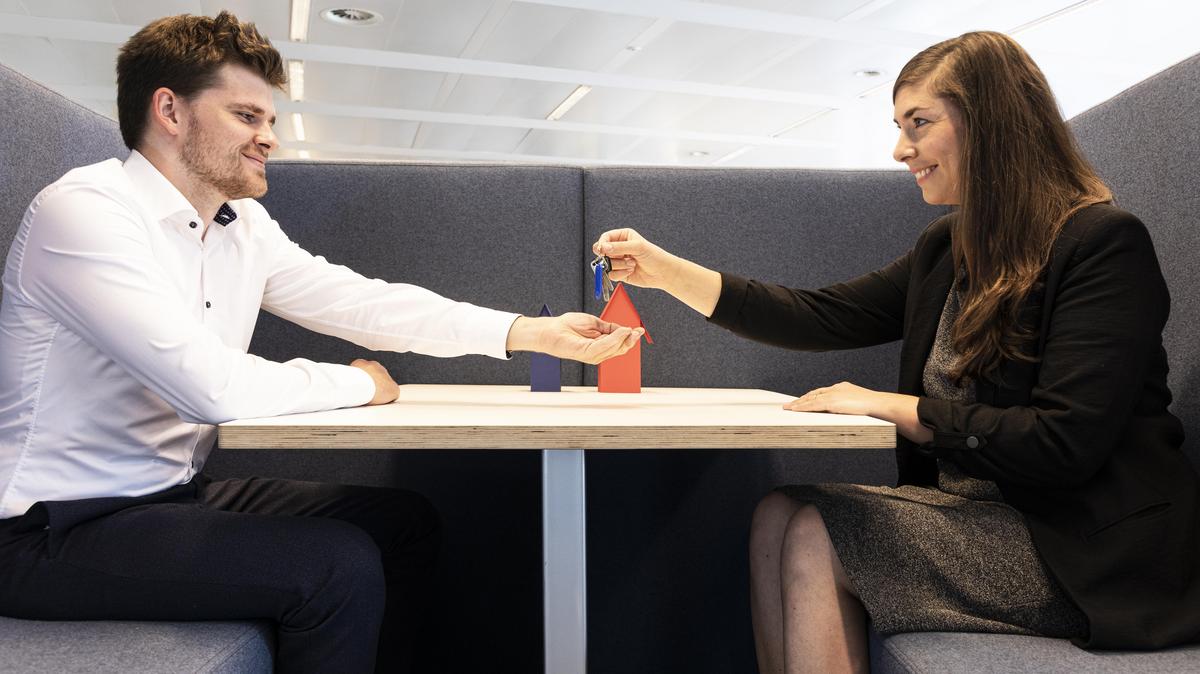
Even if the real estate is purchased as a split purchase, it is sometimes counted as part of the taxable estate of the usufructuary.
How do you provide proof to the contrary in Flanders?
In 2015, the rules on inheritance tax were regionalised and Flanders went its own way.
Initially (2015), the Flemish tax administration (VLABEL) followed the federal position, but gradually the interpretation became broader, finally culminating in the infamous ‘position no. 15004’. This stipulated that proof to the contrary could only be provided by means of a registered donation (or by demonstrating a lack of causal link). Following a sea of criticism and a ruling by the Council of State (2018), VLABEL announced that it no longer applies position no. 15004 as from the publication of the ruling. VLABEL confirms that in its current position (no. 20067) of 14 October 2020: as soon as the bare owner can prove that he or she, through the donation, was the definite owner of the funds, and that with this he or she has effectively paid his or her share of the purchase price, proof to the contrary has been provided and the fiction provision does not apply. The reference moment at which the donation must have been made is the moment at which the purchase price is paid.
Moreover – in contrast to the federal tax administration – VLABEL’s position clearly states that the payment of any amount at the time of signing the private sales agreement does not have the effect of making the private sales agreement the point of reference that any donation must precede.
Relief
Any heir/bare owner, who cannot provide proof to the contrary, must pay inheritance tax on the value of the full ownership. Fortunately, the legislator has provided for so-called relief in this case: on the condition that the usufructuary also actually exercised the usufruct. The relief is calculated on the basis of the number of full years that the usufructuary exercised the usufruct.

